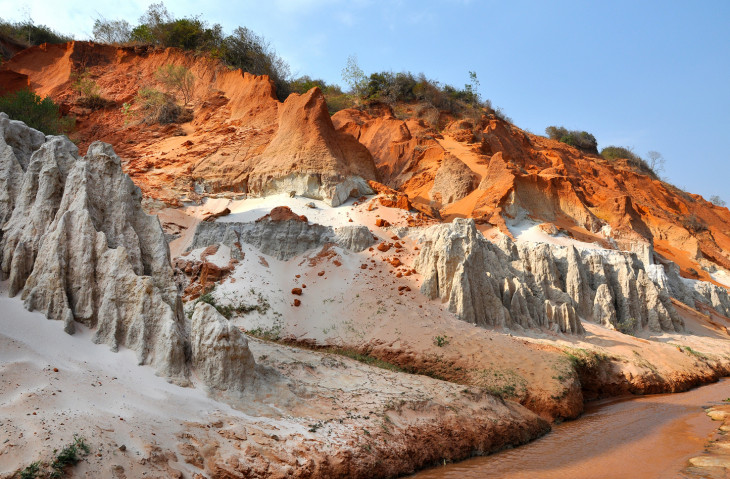Prospective geoscientists need to have laboratory experience. Typically, a minimum of a bachelor's degree is required for the majority of entry-level positions. A license may be required in order for services to be available to the public.
Education & Training
Some individuals begin their geoscientist careers with a master's degree. Most college teaching jobs and basic research positions require a Ph.D. The majority of employers prefer a degree in geosciences; however, degrees in mathematics, chemistry, computer science, engineering or physics are common.
Many geosciences programs include classes in petrology, mineralogy and structural geology. In addition to geology classes, many programs require students to complete courses in a variety of physical sciences including: computer science, engineering and mathematics. Certain programs include training in a variety of software packages that would be helpful for those seeking a geoscientist career.
Knowledge of computers is essential for geoscientists. Students with experience in data analysis, computer modeling and digital mapping will have the best preparation for entering the job market.
A variety of employers look for applicants who have gained laboratory and field experience while pursuing their degree. Summer field camp programs provide students with the chance to closely work with professionals including professors. This environment enables them to apply the information they have learned in class to fieldwork applications. Students can attain essential experience in geologic mapping and data collection.
Licenses, Certifications, and Registrations
Geoscientists are required to have a license to practice in certain places. Requirements vary from place to place but typically require specific education and experience requirements prior to passing an exam.
Skills and Qualities that will Help
Communication skills: Geoscientists write research papers and reports. They must be able to adequately present their findings clearly to other professionals and clients who do not share a geosciences background.
Critical-thinking skills: Geoscientists utilize careful data evaluation and sound observations to base their findings.
Interpersonal skills: The majority of geoscientists work was part of the scientific team with other technicians and engineers.
Outdoor skills: Geoscientists often spend large amounts of time outside. Being familiar with survival skills, being comfortable outside for extended periods of time, camping skills and important skills such as how to handle a boat or take control of an aircraft could prove useful.
Physical stamina: Geoscientists may choose to hike to remote areas while carrying sampling and testing equipment and apparatus in order to conduct fieldwork.
Problem-solving skills: Geoscientists often work on significant projects that are full of challenges. It is vital that geoscientists rely on complex sources of data to analyze their skills. Evaluating information and statistical data is important in order for correct judgments to be made. The ability to address issues and inform the actions of coworkers requires a unique ability to address and perceive information.









